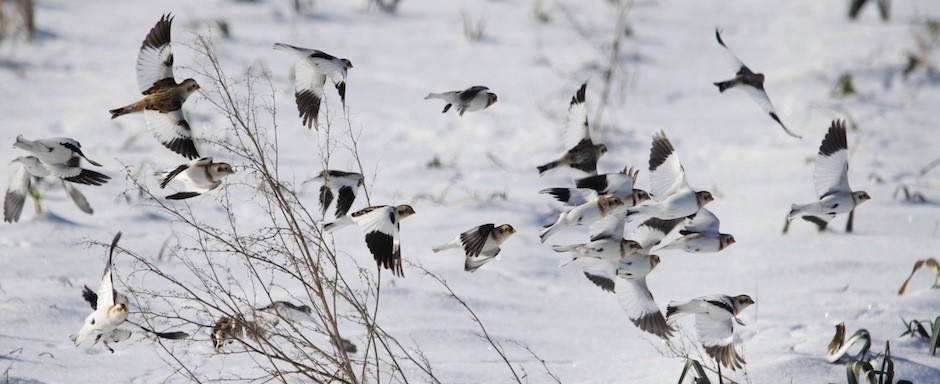Bird migration is fueled, mostly, by fat. So birds now are starting to pack it on as they move south or get ready to move south. Some will move into the Ruthven area and will stay here for a few days up to a couple of weeks putting on the requisite amount to get them where they need to go. Many birds have a LONG way to go. Take Eastern Wood Pewees for example. Many of them will spend the winter in the rain forests of Brazil doing pretty much what they do here: chase insects as they fly out from understory perches. But I’m a little concerned for the Pewees we’ve been catching over the last couple of days as most of them aren’t carrying any fat. That’s OK if you’re not going far AND you don’t run into bad weather. I was thinking about the change in weather we’re beginning to experience and will get over the weekend (closing up the leaf-filled nets in the driving rain this morning caused me to ponder this). For these birds there’s a fine line between getting enough insects and starving to death; bad weather dimishes the availability of insects; if worse comes to worse, they will begin to catabolize muscle to stay alive; and this is a problem as many of these birds have reduced muscle amounts as well. I’ve seen Pewees at Ruthven down in the dogwoods consuming berries – this may be a last resort. I also know that the mortality rate of small passerines is very high: over 80%. So while I’ll enjoy the drop in temperature that this new weather system will bring, I’m a little concerned about the Pewees (especially the young ones that were showing the poorest fat and muscle scores). On the other hand I feel pretty confident that most of the Red-eyed Vireos we’re encountering will be able to handle this change in weather without much problem – most are carrying lots of fat and seem quite robust in terms of muscle mass.
We had another good mix of birds around today, banding 21 species, 10 of which were warblers. It’s interesting how things change from one year to the next. Take Bay-breasted Warblers. The most we’ve ever banded in a Fall season at Ruthven is 9; so far we’ve banded 16. I wonder why.
Banded 39:
3 Eastern Wood Pewees
1 Willow Flycatcher
1 Blue Jay
2 Gray Catbirds
1 Philadelphia Vireo
6 Red-eyed Vireos
1 Blue-winged Warbler
1 Tennessee Warbler
1 Chestnut-sided Warbler
4 Magnolia Warbler
3 Bay-breasted Warblers
1 Blackpoll Warbler
3 Black & White Warblers
1 Ovenbird
1 Common Yellowthroat
1 Canada Warbler
1 Scarlet Tanager
1 Rose-breasted Grosbeak
1 Song Sparrow
2 House Finches
3 American Goldfinches
Retrapped 19:
1 Hairy Woodpecker
2 Eastern Tufted Titmice
1 White-breasted Nuthatch
1 Gray Catbird
2 Magnolia Warblers
2 Black & White Warblers
2 Ovenbirds
1 Common Yellowthroat
1 Scarlet Tanager
1 Northern Cardinal
3 Song Sparrows
2 American Goldfinches
ET’s: 45 spp.
Rick
